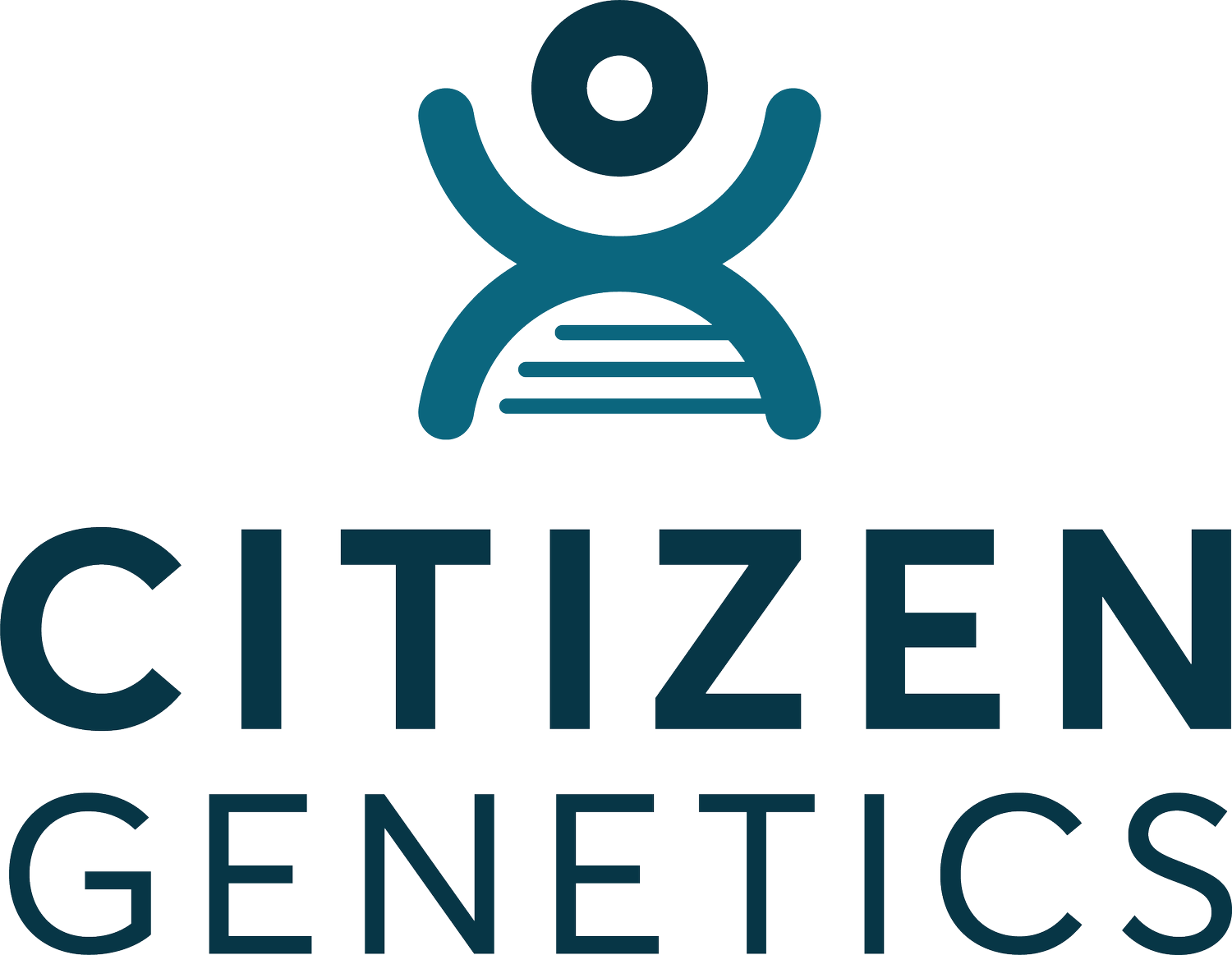An Explosion of Variant Data in Pompe Disease
Pompe disease, also known as glycogen storage disease type II, is a rare genetic disorder caused by mutations in the GAA gene, which encodes the enzyme acid alpha-glucosidase. This enzyme is crucial for breaking down glycogen into glucose within lysosomes. Deficiency or dysfunction of this enzyme leads to glycogen accumulation, causing progressive damage to muscles and other tissues. Pompe disease is inherited in an autosomal recessive manner, meaning both copies of the GAA gene must have mutations for the disease to manifest. The severity of symptoms varies widely, ranging from the early-onset form (infantile-onset Pompe disease) to the late-onset form, which can occur at any age.
Incidence and Prevalence
The global incidence of Pompe disease is approximately 1 in 40,000 to 60,000 live births, with variability based on population and region. Infantile-onset Pompe disease is rarer but more severe, while late-onset Pompe disease is more common and often underdiagnosed due to its slowly progressive nature.
The Role of Genetic Testing
Genetic testing plays a pivotal role in diagnosing Pompe disease. Testing identifies mutations in the GAA gene, confirming the diagnosis and distinguishing Pompe disease from other neuromuscular disorders.
A significant challenge in genetic testing is the detection of variants of uncertain significance (VUS). These are genetic changes where the impact on enzyme function and disease is unclear. Proper classification of these variants is crucial for patient care, as it can directly influence treatment decisions, such as the initiation of enzyme replacement therapy (ERT).
Staying Up-to-Date on Variant Classifications
The field of genetics evolves rapidly. Today there are more than 2,500 variants for Pompe disease listed in ClinVar, with 96% of those variants submitted in the last five years. In addition to more variants being identified, ongoing research leads to variant classification changes. For example, a VUS may be upgraded to pathogenic or downgraded to benign based on new evidence. Staying informed about these changes is essential for clinicians and patients to ensure the most accurate diagnosis and treatment.
Platforms like Citizen Genetics and ClinVar can provide updates on variant reclassifications. Join us today.
